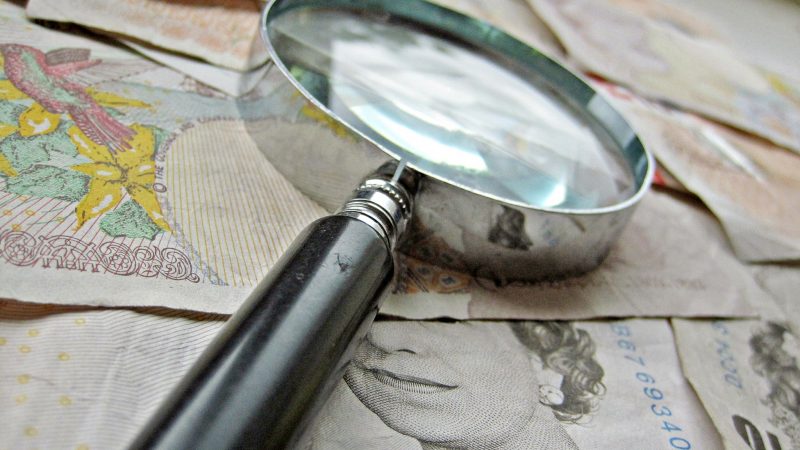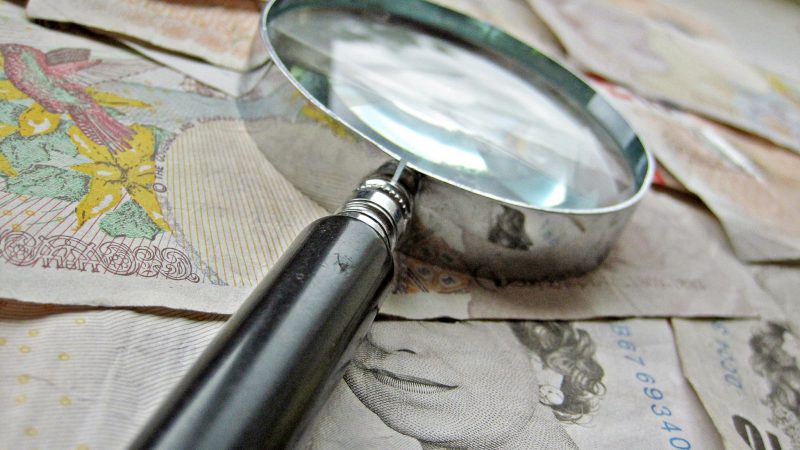From Left Foot Forward
By Prem Sikka
Parliamentary committees need to investigate water company accounting, especially as they are continuing with the practices that brought down Carillion.


Prem Sikka is an Emeritus Professor of Accounting at the University of Essex and the University of Sheffield, a Labour member of the House of Lords, and Contributing Editor at Left Foot Forward.
Ever since its privatisation in 1989, the water and sewage industry in England and Wales has set new standards in ripping people off.
Profits are made by not plugging water leaks and by dumping tons of sewage in rivers and seas. More than one trillion litres of water is lost to leaks from crumbling pipes each year. In 2022, raw sewage was dumped into rivers and seas 824 times a day, nearly 301,000 times a year over 1.75m hours. Despite higher demand, no new reservoirs have been built since privatisation. With captive customers and no competition, companies have hiked charges by 40% in real terms. The biggest winners are shareholders. More than 90% of the nine water companies are owned by overseas investors.
Since privatisation, companies have paid £72bn in dividends and another £15bn is expected by the 2030. These are largely funded by over £60bn of debt. To soothe public anxieties, Ministers claim that since 1989 water companies have invested £190bn. Such claims need to be treated with caution as the companies have a history of murky accounting practices.
Thames Water is England’s’ biggest water company. Since 2010, it has been sanctioned 92 times by the regulators and paid fines of £163m. Since privatisation, it has paid £7.2bn in dividends and has debts of around £14bn.
Taking cue from the water company, in June 2023 a Minister told parliament that “Thames Water itself has not paid any dividends for the last six year”. Of course, water companies are not operating as not-for-profit organisations and are masters of financial engineering and obfuscation.
Page 43 of the company’s 2022-23 financial report describes £45m payment (£37m for 2022) to its immediate parent company Thames Water Utilities Holdings Limited as “dividend” which then forwards it to Thames Water Utilities Limited and is still described as “dividend”. The same page then claims that it is not really a dividend because its purpose is to “solely to service debt obligations and group related costs of other companies within the wider Kemble Water Group”. Page 22 of the 2022 accounts of Thames Water Utilities Holdings Limited shows “Dividend Income” of £37.1m. Anything described as a “dividend” in the accounts is a dividend and in the last two years alone this amounts to £82m (£45m + £37m). Since privatisation, vast amounts are likely to have travelled via this route to the company’s ultimate controllers but are not included in the £7.2m of dividends.
Yorkshire Water is also engaged in sleight of hands. Since 2010, it has paid £1.2bn in dividends and claims to have stopped paying dividends from 2017-18. However, page 137 of its 2022-23 financial report states that the company paid £62.3m “dividends” to its parent company. Its 2021-22 accounts (page 99) state that “the Board of Yorkshire Water has approved the payment of £52.6m in dividends.”
Under the Companies Act 2006 dividends can only be paid out of distributable profits or reserves. The calculation is based upon conventional accounting practices which can always be stretched. For example, BHS conjured up distributable profits through a series of complex internal transactions. In common with other water companies, Thames inflates its distributable profits by capitalising interest payments on its debt.
Page 134 of its financial report states that the company “capitalises expenditure relating to water and wastewater infrastructure where such expenditure enhances assets or increases the capacity of the network. Maintenance expenditure is taken to the income statement in the period in which it is incurred. Differentiating between enhancement and maintenance works is subjective”. Page 143 of the annual accounts states that “£215.2 million of borrowing costs were capitalised in the period (2022: £114.8 million)”. The crazy logic is that a company that mends leaks by borrowing money, compared to one that uses retained earnings, somehow adds more to the value of assets.
Capitalisation of interest payments under certain circumstances is permitted by the accounting standards. The standard setting organisation is funded and controlled by big corporations and accounting firms and permits considerable flexibility.
Capitalisation of interest payments is imprudent. It inflates distributable profits and enables companies to pay higher dividends. It increases divergence between profits and cash flow and inevitably companies borrow money to pay dividends. It overstates investment in assets, which bears no relationship to any market or fair value. The folly of these practices was highlighted by the 2018 collapse of Carillion, but there has been no reform. The 2022-23 balance sheet of Thames water does not identify the company’s distributable profits or their possible composition.
Thames’ annual accounts carry the ‘true and fair’ seal of approval from auditors PricewaterhouseCoopers (PwC). However, the Water Services Regulation Authority (Ofwat) does not consider them to be a good guide to resilience. For example, the Ofwat financial rules do not permit companies to capitalise interest on debt payments. Page 132 of the company’s 2022-23 Performance Report states that
“For regulatory reporting purposes borrowing costs may not be capitalised”. So, Thames and other water companies submit a different set of accounts to Ofwat which does not accept the accounting numbers for profits/losses and investment published by the companies themselves. Yet customers, employees, creditors and other stakeholder are routinely given information that Ofwat rejects. Which numbers are credible?
To sum up, water company accounts are imprudent and deceptive. Contrary to ministerial claims, companies are paying dividends when they claim not to. The total amount of dividends paid since privatisation is likely to be far higher than the numbers circulating in the media. Water company investment is exaggerated by capitalisation of interest payments, a policy that Ofwat itself rejects. Parliamentary committees need to investigate water company accounting, especially as they are continuing with the practices that brought down Carillion.



